Where Combat Meets Racing
What's the deal with Spartan and other OCR brands pushing military-themed obstacles in their races? More and more are even incorporating a shooting obstacle. It's fun, but it has nothing to do with obstacle course racing. Right? According to Evan Perperis, combat and racing have more similarities than you might realize.
Combat vs. Racing
When talking about how the body and mind react to killing and combat, there is one name that immediately comes to mind, LTC (ret) Dave Grossman. Dave’s books, On Killing and On Combat, take a deep dive into what goes on inside your brain and how you perceive details in high threat situations like those faced by our soldiers. I originally read both books around 2007 after a 12-month combat tour and prior to getting involved in racing on a serious level. Since then, I’ve done over 100 races and another 32 months of combat deployments. I recently started listening to the audiobook again.
As I listened to Dave’s assessment and analysis of how your body is reacting, I couldn’t help to not only reflect on how accurate he was based off my experiences from combat deployments, but how closely many of the states mirrored that of racing (albeit at a lower state of stress).
Here are 5 Metaphysical Similarities Between Racing and Combat:
1. Tunnel Vision
The book is filled with accounts of police officers and soldiers who describe very narrow views of situations including police shootings where the officer is describing details of a button on the shooter’s jacket. I run races almost every weekend and rarely see a race photographer or anyone on the sidelines. This tunnel vision and blocking out the surroundings is something I think every athlete has experienced at least a couple of times when their heartrate is high, stress level is maxed out and the pressure is on to perform. However, it isn’t just vision that sometimes gets blocked…
2. Auditory Exclusion
A phenomenon in combat that LTC Grossman explores in his book is auditory exclusion. Essentially your ears block out sounds and sometimes focus on sounds that should be obstructed by other noises. Personally, I have felt this on both sides often not hearing anything that’s going on around me, which is more of the norm for me at races. But I’ve also heard my six year old daughter’s voice very clearly in a crowd full of noise. Just like with the tunnel vision, my auditory response is reacting to the stress of a race.
3. Heart Rate Zones
The author explores different heartrate zones identifying them from lowest to highest as green, yellow, red, and black. Just like racing, when you are at the highest heartrate zones, black for combat or at your VO2max for racing, your heartrate becomes too high to be effective for most races. LTC Grossman says optimal is high (red) but not too high (black), which is also the case for most races where you want to be in the upper level of your heart rates but not operating at maximum since you can only hold that heartrate for so long.
4. Time Distortion
Sometimes things seem super-fast and other time it feels like things are moving in slow motion, a personal experience from both combat and racing. There have been 12-hour races where I feel like I’m in the zone or in a flow state and before I know it…the entire race is over. There are other times, like the final lap of World’s Toughest Mudder, where every second seems to last forever.
5. Bad Dreams from Performance Anxiety
Ever have bad dreams before a race like your legs won’t run any faster or you can’t hold onto an obstacle? These performance anxiety dreams mirror dreams I’ve had in military, which involved me physically being too weak to squeeze the trigger on my rifle. LTC Grossman describes the same phenomenon in his book On Combat, which he described some of my dreams almost to every detail…which was honestly a little weird.
Conclusion
So, is combat and racing the same? Obviously not. The consequences are less severe in racing, but to me it feels like racing taps into some of those same primal feelings that soldiers and law enforcement officers experience in combat. They are states of high stress (one from the enemy and the other largely self-imposed/pressure from the crowd) as well as times of extreme focus combined with physical exertion. When crossing Valkyrie I’m not thinking of mortgage payments or what I’m doing for dinner, the only thing that matters in that moment is grabbing ahold of the next grip. Just like in combat, I’m focused on the current situation and stopping the enemy or making sure my guys come home safe. As in racing and combat, training will help make you better and allow you to deal with future high stress situations better based off past experiences.

 Evan “Ultra-OCR Man” Perperis is a professional obstacle course racer for the MudGear-Battle of the Lions Pro Team. With over 65 overall podiums and counting, he is best known for his annual ultra-endurance events that often last multiple days to raise money for the charity Folds of Honor. You can read about these events and his military service in his biography “Ultra-OCR Man: From Special Forces Soldier to Record Setting Pro OCR Athlete” (available in hard copy, digital and audiobook). A NSCA-CPT he also has an additional five books on training and preparing for Obstacle Course Racing.
Evan “Ultra-OCR Man” Perperis is a professional obstacle course racer for the MudGear-Battle of the Lions Pro Team. With over 65 overall podiums and counting, he is best known for his annual ultra-endurance events that often last multiple days to raise money for the charity Folds of Honor. You can read about these events and his military service in his biography “Ultra-OCR Man: From Special Forces Soldier to Record Setting Pro OCR Athlete” (available in hard copy, digital and audiobook). A NSCA-CPT he also has an additional five books on training and preparing for Obstacle Course Racing. 





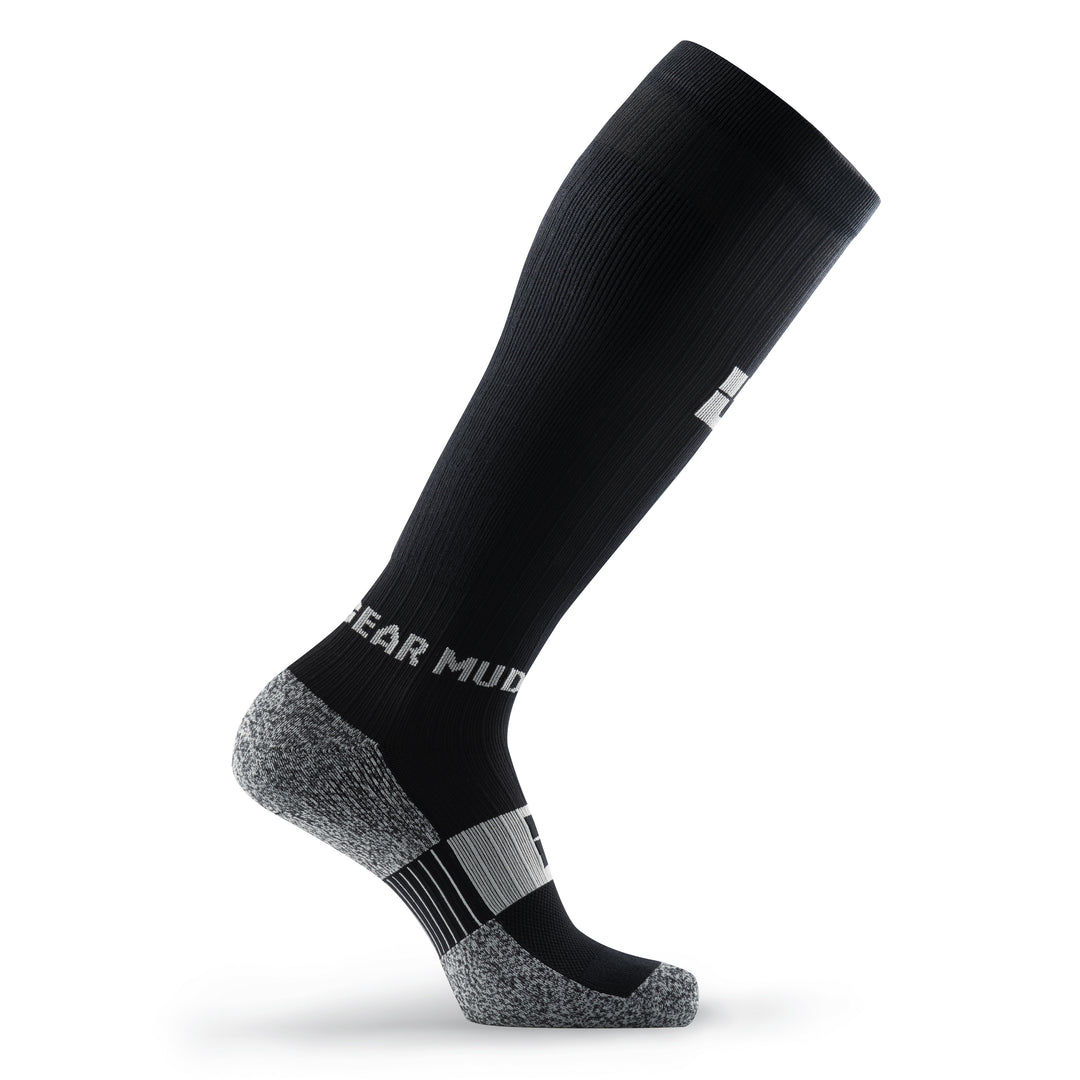
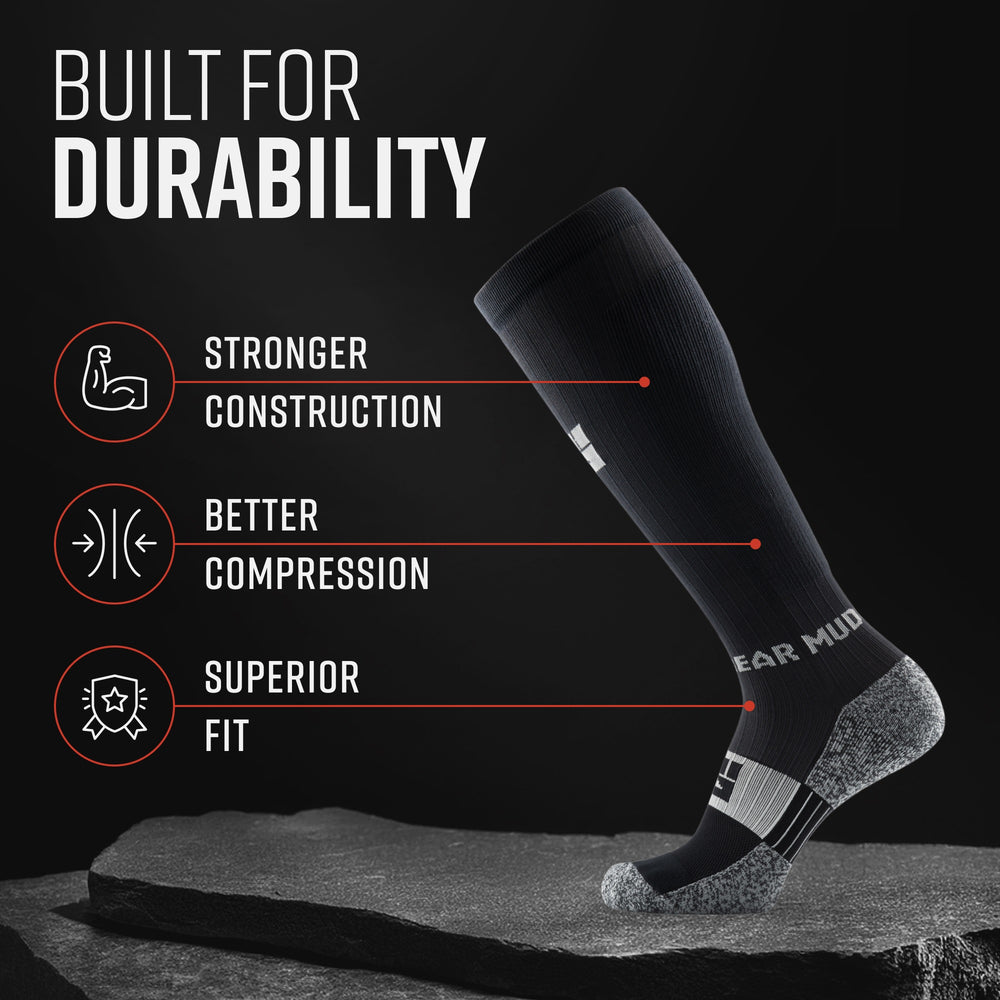
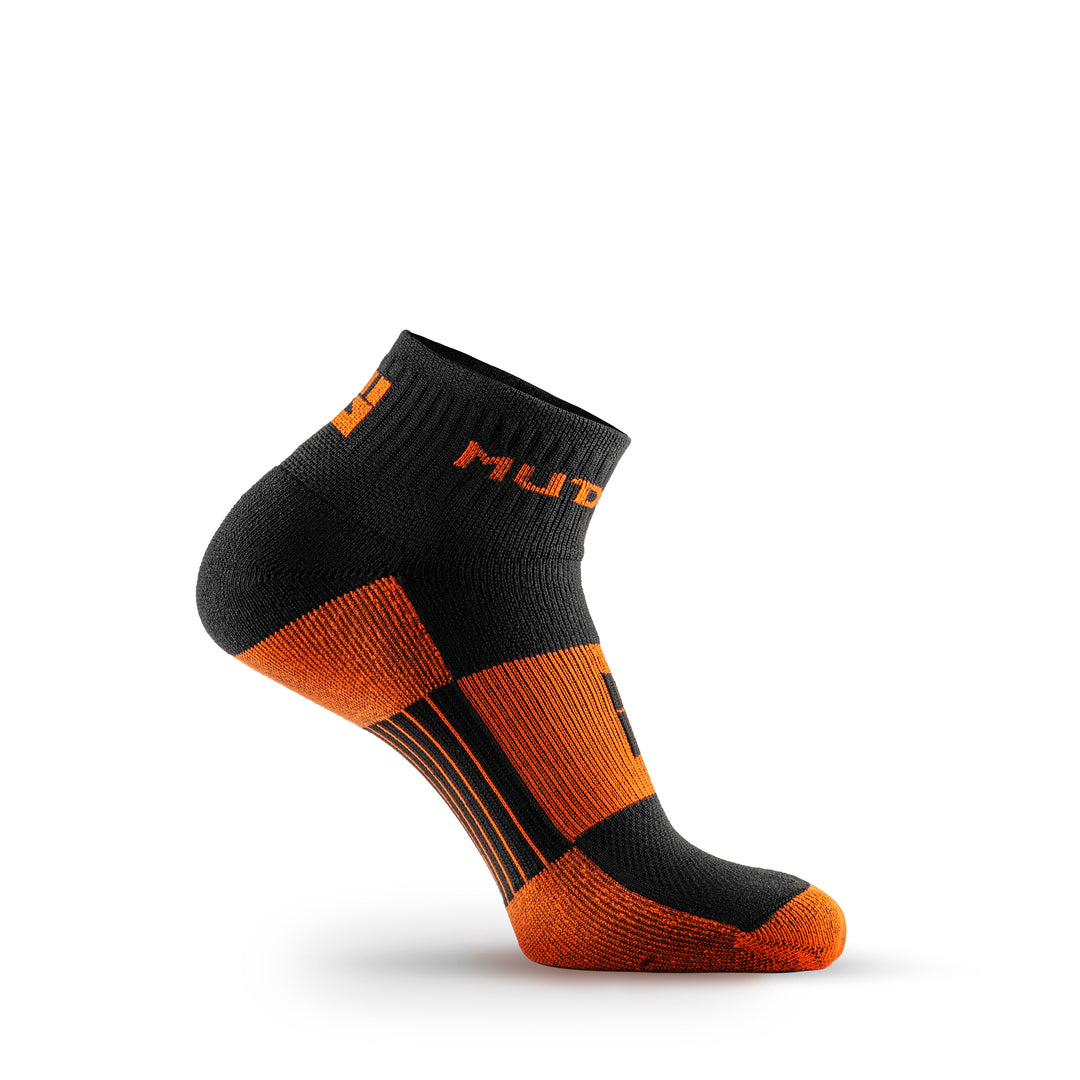
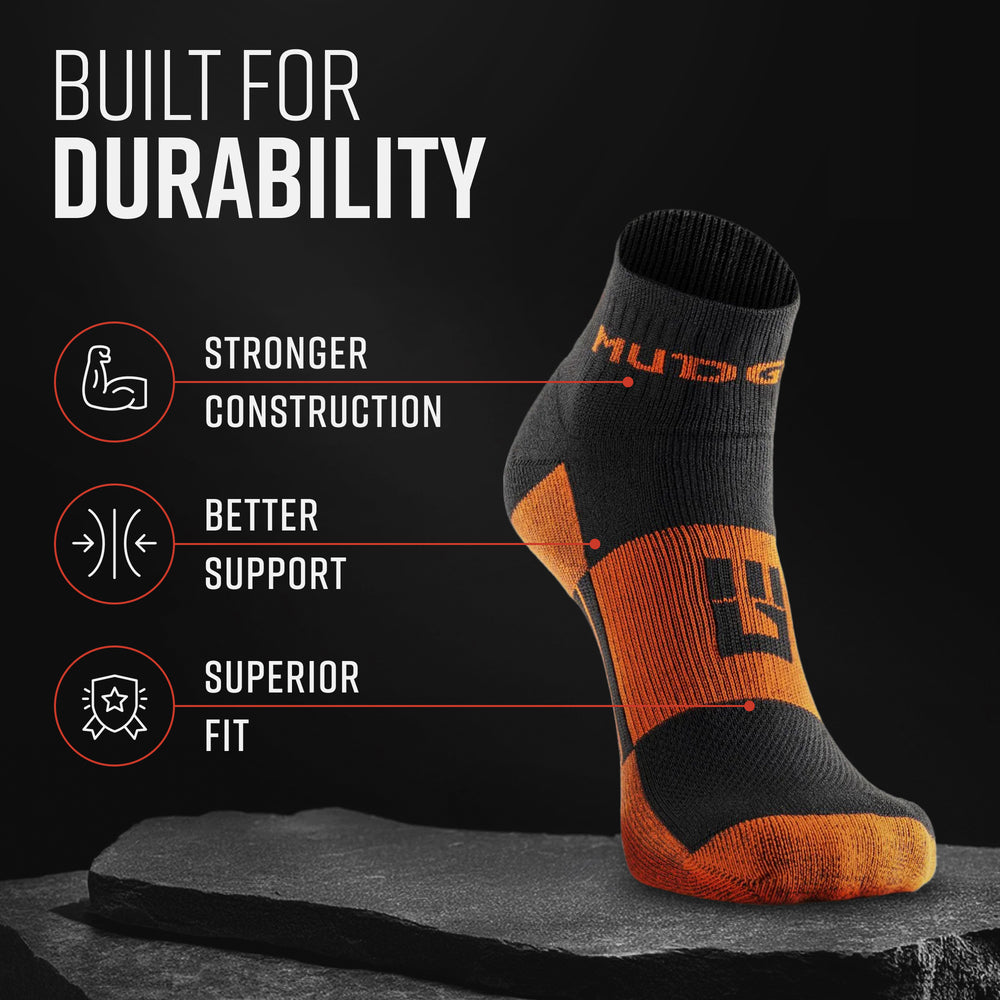


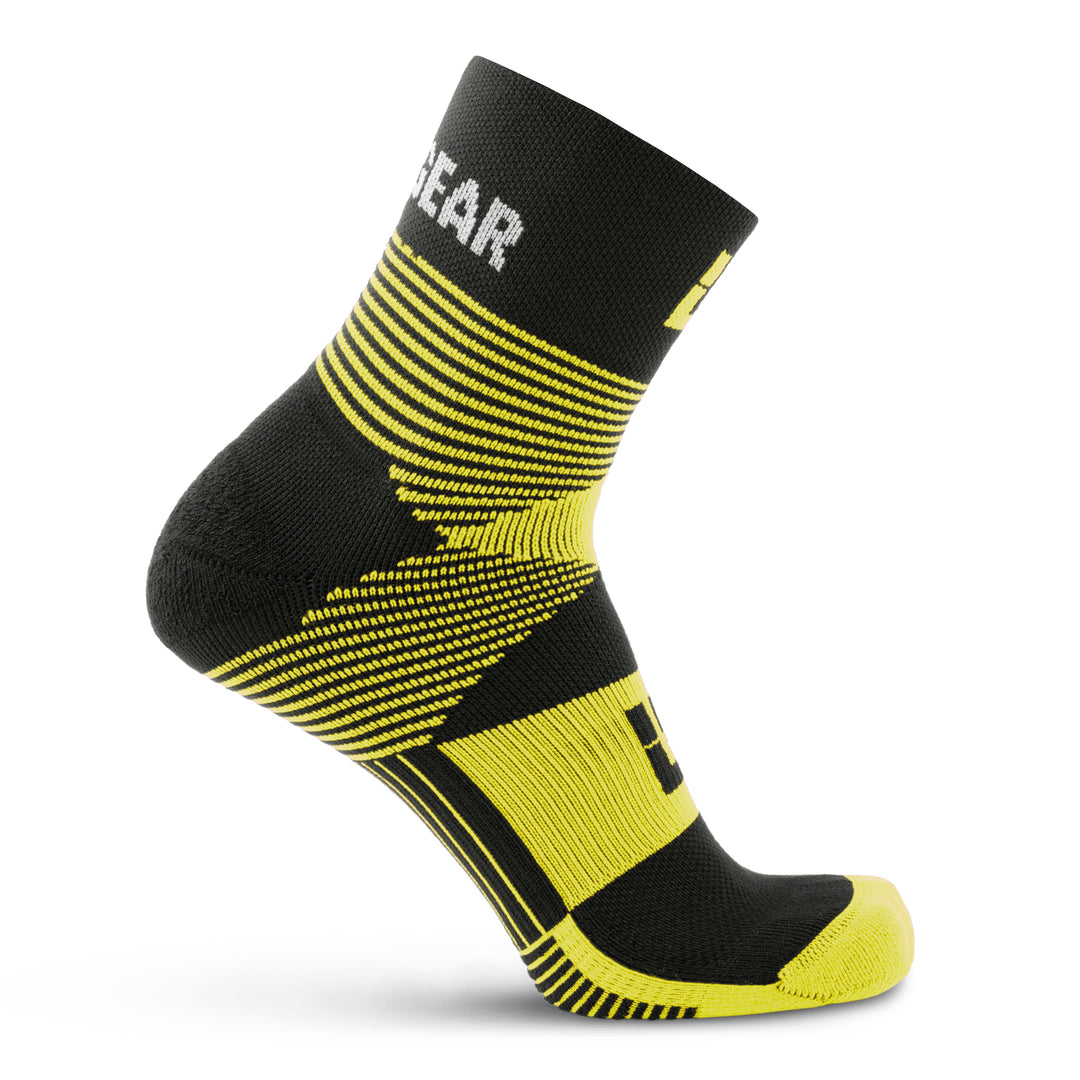
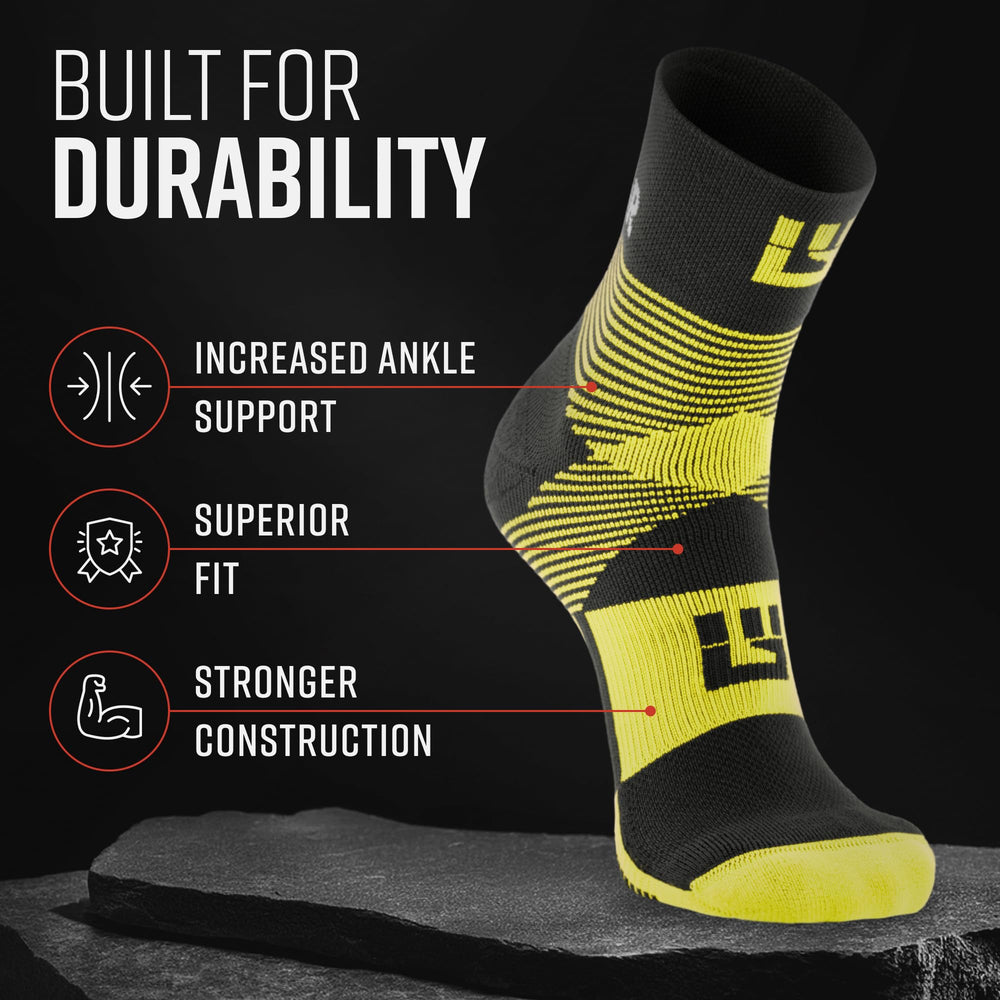

Leave a comment